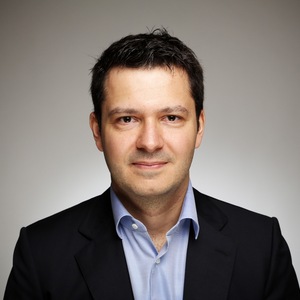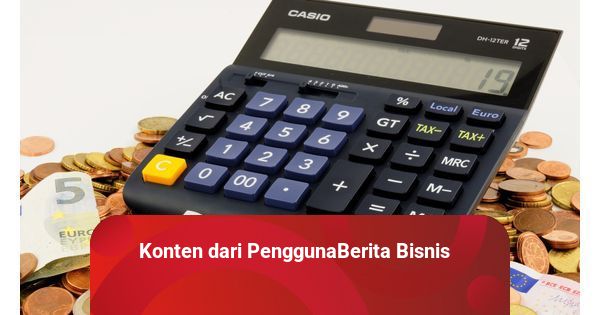The main objective is to create business prosperity, create good business track record and expand business reach. But unfortunately, there are still entrepreneurs who cheat and don’t care about business ethics.
In fact, if you implement business ethics correctly, there will be a balanced relationship between entrepreneurs and the community, customers, government and other interested parties. See the full explanation in the following description.
According to Velasquez in the book Millennial Era Business Ethics Erwin Asidah’s book Business Ethics is a study of moral right and wrong. This study focuses on moral standards in policies, institutions and corporate behavior.
Without ethics in business, competition among businesses could become unhealthy, consumers would be harmed, environmental pollution could occur, or monopolistic business practices could emerge.
Examples of cases of violation of business ethics and their analysis
Here are several examples of cases of business ethics violations and their analysis that can be used as lessons by entrepreneurs, as summarized from the page Investopedia.
1. Case of Kenneth Lay, former CEO of Enron
The collapse of Enron and the imprisonment of several members of its management group was one of the most shocking and widely reported ethical violations of all time.
This not only bankrupted the company, but also destroyed Arthur Andersen, one of the largest accounting firms in the world.
In 2001, the Securities and Exchange Commission (SEC) announced that it was investigating Enron’s accounting practices after several years of questions raised by analysts and shareholders.
The disclosure and resulting decline in company value reduced investor confidence and the company’s credit rating, leading to the company’s bankruptcy in December 2001.
The SEC announced it would file charges against Lay, former CEO Jeffrey Skilling, CFO Andrew Fastow and other high-ranking employees.
The accusations relate to the deliberate manipulation of accounting rules and the concealment of the company’s enormous losses and liabilities. Lay and Skilling are on trial together on 46 charges, including money laundering, bank fraud, insider trading and conspiracy.
Skilling was convicted on 19 counts and sentenced to 24 years in prison, a sentence which was reduced to 14 years in 2013 and was released in 2019.2 3
Lay was convicted of six counts of fraud and faced up to 45 years in prison, but he died in 2006, three months before his sentencing hearing.
Investigations into the Enron scandal resulted in Congress passing the Sarbanes-Oxley Act aimed at increasing corporate accountability.
2. The case of Conrad Black, founder of Hollinger International
Canadian Conrad Black founded Hollinger Inc., the parent company of Hollinger International, in the mid-1980s by purchasing a majority stake in the Daily Telegraph, a British newspaper.
Through numerous other purchases over the next 15 years, Hollinger became one of the world’s largest media groups. As CEO of Hollinger International, Black exercised great control over the company’s finances.
The board confronted Black in 2003 over payments the company made to him and four other directors totaling $200 million. The board asked the SEC to investigate the validity of the payments and the accounting transactions made to support them.
Charges against Black include wire fraud, tax evasion, racketeering and obstruction of justice. In 2007, Black was convicted on four of the 13 charges against him and sentenced to 78 months in prison, serving 42 months. He was acquitted in 2012. President Trump pardoned him in 2019.
3. Case of Dennis Kozlowski, former CEO of Tyco
Kozlowski, CEO of Tyco, a major security and electronics company, was also caught red-handed with the company’s money. In 2002, the board discovered that Kozlowski and Mark Schwartz, the company’s chief financial officer, had received $600 million in unauthorized bonuses and loans.
The men are accused of, among other things, grand theft and securities fraud. Prosecutors alleged that Kozlowski paid for lavish parties, a Manhattan apartment, shower curtains and expensive jewelry with company funds.
His first trial in 2004 ended in a mistrial, but in 2005 he was sentenced to eight to 25 years, after serving eight years he was released in 2014.

“Tvaholic. Beer guru. Lifelong internet nerd. Infuriatingly humble pop culture scholar. Friendly food advocate. Freelance alcohol fan. Incurable bacon ninja.”


:strip_icc():format(jpeg)/kly-media-production/medias/4953136/original/060929700_1727279642-Screenshot_2024-09-25_224617.jpg)



:strip_icc():format(jpeg)/kly-media-production/medias/3306276/original/047015900_1606275972-CjkinzN007013_20201125_CBPFN0A001.jpg)